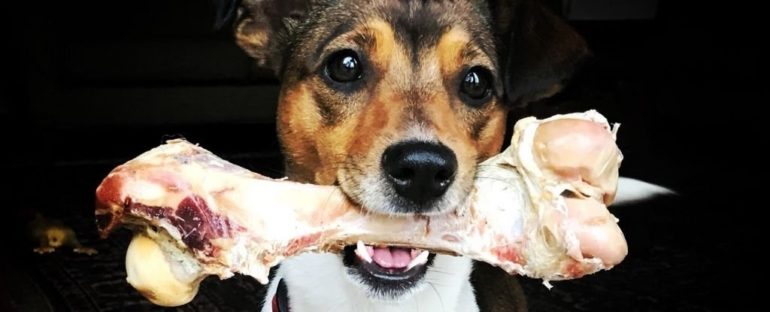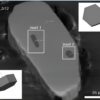The dog food sold by several international brands could be spreading antibiotic-resistant superbugs around the world.
When researchers in Europe ran tests on wet, raw, and cooked dog food from 25 different commercial brands, they detected Enterococci bacteria in just over half the samples.
While the team was expecting to find some opportunistic germs hitching a ride on these meals, the rate and diversity of bacteria found was “unexpectedly high“, the scientists explained in a research letter to the CDC.
Enterococci bacteria can cause surgical wound infection and urinary tract infections in humans, and in recent years, they have grown resistant to many and sometimes all antibiotics in our arsenal.
Dog food, especially the raw type, could be putting pet owners at risk of contracting those very superbugs.
While some of the germs found in the dog food samples did respond to drugs, more than 40 percent showed resistance to a wide range of antibiotics, including erythromycin and ampicillin. Of that number, 23 percent were resistant to last resort treatments, like linezolid, as well.
The study was only conducted using dog food bought in Portugal, but the fact that most of these brands ship worldwide isn’t a good sign. If this type of bacteria infects a human, it could be incredibly hard to treat.
While raw, meat-based diets are growing in popularity among many dog owners, the potential risks to human health are rarely addressed.
“The close contact of humans with dogs and the commercialization of the studied brands in different countries poses an international public health risk,” says molecular geneticist Ana Freitas from the University of Porto.
“European authorities must raise awareness about the potential health risks when feeding raw diets to pets and the manufacture of dog food, including ingredient selection and hygiene practices, must be reviewed.”
Dog poo and dog food have long been known to carry a reservoir of resistant bacteria that could put the health of their owners at risk. Still, the researchers explain this is the first study to describe enterococci resistance to last line antibiotics in dog food.
In the end, the authors found every single sample of raw dog food they tested contained Enterococcus. Only a few wet and dry foods contained similar microbes.
The fact that superbugs are more common in raw meat isn’t a big surprise – after all, heat is a pretty great way to kill off pathogens – but the rate of incidence found in this study is much higher than what has been discovered in the past.
A two year-long study in the United States, for instance, also found raw pet food was more likely to be contaminated with disease-causing bacteria, but only about a quarter of the time.
While many public health experts, like the Centers for Disease Control and Prevention, warn against feeding pets raw diets, for fear of Salmonella and Listeria, no such warnings currently exist for cooked dog food.
That could be an oversight, as the current research actually found some antibiotic-resistant bacteria in dry food, wet food, and dog treats, too.
As a result, the researchers argue the way raw meat is sourced and treated by dog food companies needs to be “urgently” revised. Clearly, too many pathogens are slipping through the cracks.
Further samples are needed from more brands to see how ubiquitous this issue truly is, especially among cooked treats. Risk assessments should also be conducted to see how the germs in pet food might ultimately impact human health.
In the meantime, staying away from raw dog food and practicing safe hygiene at home is a pet owner’s best bet if they don’t want to catch a nasty bug.
“Dog owners should always wash their hands with soap and water right after handling pet food and after picking up feces,” says Freitas.
The study was published in the International Journal of Food Microbiology.



